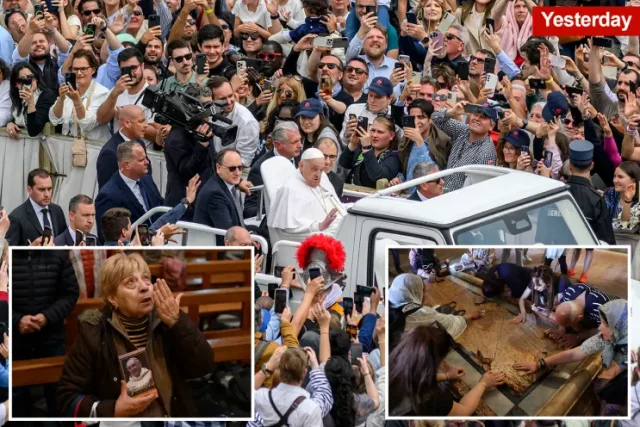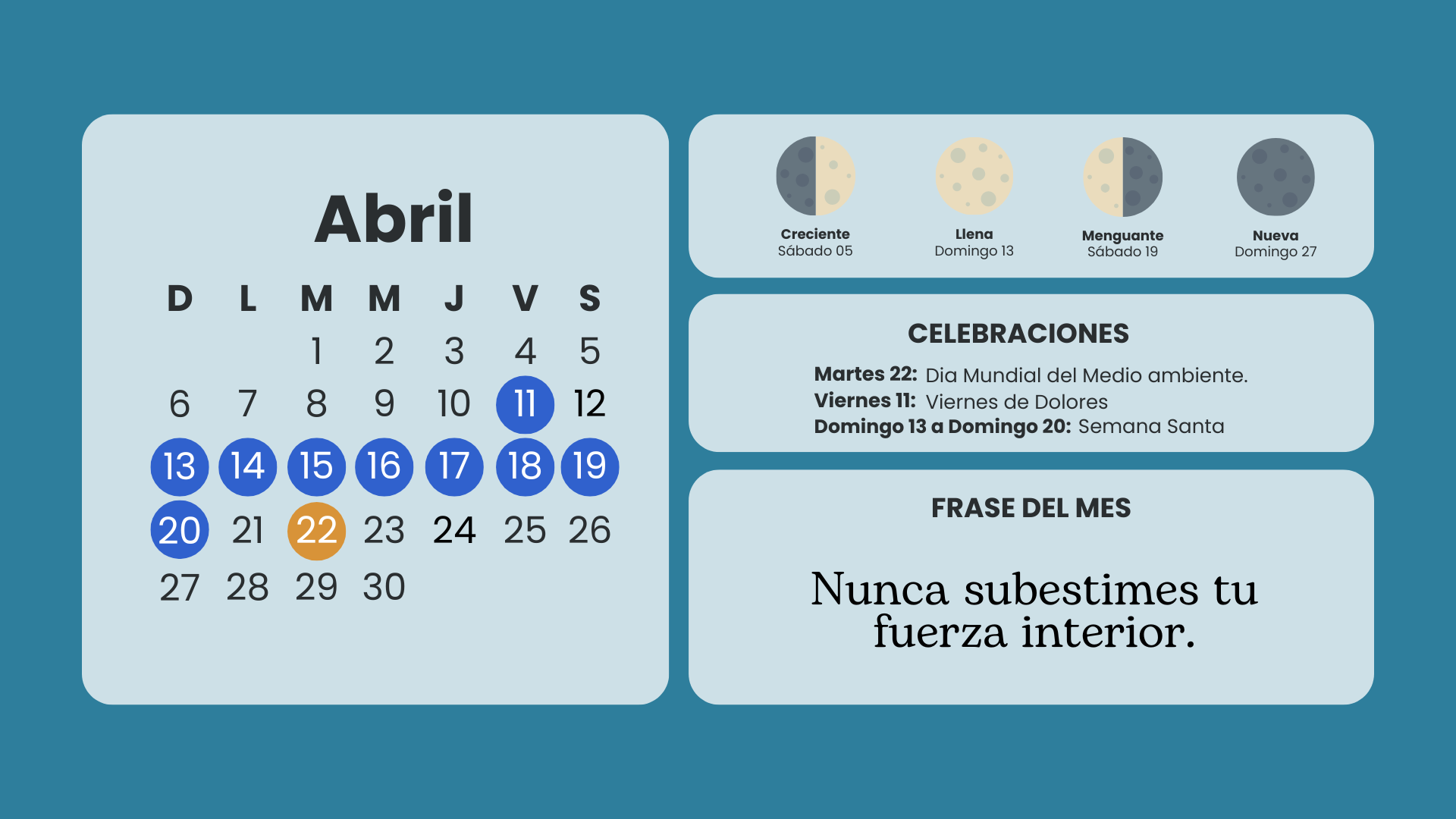Pope Francis, who became the first South American and first Jesuit to ascend to the most powerful position in the Catholic Church, has died at age 88 — just one day after Easter Sunday.

Cardinal Kevin Farrell, the Vatican camerlengo — the “chamberlain” who essentially acts as head of the Vatican between the end of a papacy and the start of the next — confirmed the beloved pontiff’s passing on Monday after a prolonged battle with double pneumonia.

“Dearest brothers and sisters, with deep sorrow I must announce the death of our Holy Father Francis,” Farrell said in the announcement.
“At 7:35 this morning, the Bishop of Rome, Francis, returned to the home of the Father. His entire life was dedicated to the service of the Lord and of his Church.”

The statement continued, “He taught us to live the values of the Gospel with faithfulness, courage, and universal love, especially for the poorest and most marginalized.
The process to select a new pope — called a conclave — generally takes place between 15 and 20 days after the pontiff’s death.

The pope’s death comes just one day after US Vice President JD Vance visited him at his residence in Casa Santa Marta at the Vatican.
Later that day, Francis delegated the saying of Easter Mass to Cardinal Angelo Comastri.
After the Mass concluded, the pope took the popemobile into St. Peter’s Square for the first time since his health battle as chants of “Viva il Papa,” meaning “Long live the pope,” erupted from the 35,000-strong crowd.
On March 6, the pontiff’s voice was heard for the first time since his weeks-long hospital stay. In an audio message, he thanked well-wishers before saying, “I am with you from here.”

Pope Francis spent 38 days in Rome’s Gemelli Hospital with a bilateral lung infection which took hold of the pontiff on Feb. 14, with the 88-year-old requiring high flows of supplemental oxygen throughout the prolonged stay and at least once needing an emergency blood transfusion, the Vatican said.
His health was touch and go during the lengthy stay, with doctors reportedly having considered ending the treatment of double pneumonia so that the pontiff could die in peace.

On March 23, Francis made his first public appearance before departing Gemelli Hospital, managing to give a wheelchair-bound thumbs-up from a balcony before returning to the Vatican residence where he began a two-month convalesce to recover from the health scare.
The 88-year-old Francis, born Jorge Mario Bergoglio in Buenos Aires, Argentina, in 1936, was the eldest of five children.
His parents were Mario Bergoglio, an Italian accountant who fled Piedmont Italy to escape the fascist regime of Benito Mussolini, according to his Vatican biography.
His mother, Regina Maria Sivori, came from a Catholic family in Buenos Aires, though they too migrated from Italy.
The Jesuit rankled some critics, both inside and outside the Vatican, with progressive attitudes and advisements, including naming several women to major posts in the Vatican and urging the church to be understanding of both gay and divorced Catholics who desire to received the Eucharist — though he stopped short of voicing approval for gay marriage.
During his tenure as pontiff, Francis expressed support for abolishing the death penalty, and at times spoke out against capitalism, even criticizing “trickle-down” economics.
“There was the promise that once the glass had become full, it would overflow and the poor would benefit. But what happens is that when it’s full to the brim, the glass magically grows, and thus nothing ever comes out for the poor,” he told Italian newspaper La Stampa in 2013.
Francis also used his grand pulpit to dabble in global diplomatic affairs, including helping restore diplomatic relations between the US and Cuba, and brokering a deal with China over the Communist Party’s sway over appointing Chinese bishops.
Pope Francis was a vociferous advocate for the rights of migrants and refugees and implored countries in the West to consider the plight of the least among us. This advocacy included recently speaking out against President Trump’s promise to enforce American immigration policy — calling mass deportations a “disgrace.”
“I, myself, was born in a family of migrants,” Pope Francis said in a Ted Talk in 2021. “My father, my grandparents, like many other Italians, left for Argentina and met the fate of those who are left with nothing.”
“I could very well [have] ended up among today’s ‘discarded’ people. And that’s why I always ask myself, deep in my heart: ‘Why them and not me?’”
In 2024, Francis became the first pope to speak at the G7 summit, which was held in Puglia, Italy. He addressed the world’s major superpowers on the risks of AI, urging leaders to use it in a way that benefits humanity.
Francis, elected at age 76, faced several high-profile health scares over the course of his papacy, which at times prompted rumors he might resign — which he denied, but left the door open to doing so should his health decline irrevocably.
Leading up to his death, Francis was hospitalized for several days for a “complex” lung infection, which he battled for more than a week and later became full-fledged double pneumonia.
Pope Francis leaves a lasting legacy as an advocate for the poor and needy who carried on the papal legacy of participating in politics — though using his power to advocate for the powerless, inspiring a generation of Catholics








